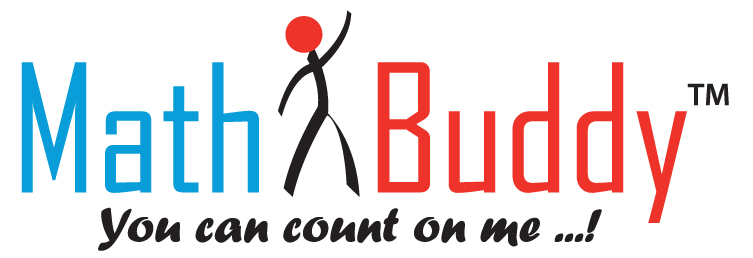Math in everyday life
https://blog.mathbuddyonline.com/wp-content/themes/corpus/images/empty/thumbnail.jpg 150 150 admin admin https://secure.gravatar.com/avatar/4281060985443ada8cbf3f192a4cba8f?s=96&d=mm&r=g| Whether or not your child is an ace student in math, you can determine for yourself if they are mastering the math concepts that you feel are important. Teaching your children how the math concepts they learn in school apply in the everyday world will help them enjoy what they learn and remove the need for rote learning. The best part is that helping them to see the value in learning math only takes a few minutes, and you can demonstrate how practical math can be nearly anywhere. The more you expose your students to the value of learning math, the more likely they are to be cooperative participants in their own education. | |||
| One of the best ways to begin demonstrating the importance of learning math is to model the ways that you use math and point out the specific math skills that make this possible. You may be thinking that there aren’t very many opportunities to demonstrate your use of math during the day, but you haven’t probably thought about how often you use math. The first step, then, is to take a week or so and pay close attention to the situations in which you use math skills. Keep a list in a notebook if it will help you to remember. | |||
| Although the list is much longer, here are a few common math concepts that you might find yourself using in your daily life. | |||
|
|||
|
|||
|
|||
|
|||
|
|||
| When you are showing your student how math is an integral part of everyday life, they are able to appreciate the value of math and also get rid of the feeling of abstractness when thinking about Math. | |||
| Be accurate and creative when you talk about math, and share enthusiasm with your young learner. The more aware they can be of their need to use math in regular life, the more likely they will develop a positive attitude about learning the math skills they will need later. | |||
| In Math Buddy, we have tried to relate every single topic in Math with practical real-life examples that students encounter in day to day life. A resource such as the Math Buddy parent guide will give you an idea of the concepts with which they should be familiar. You can download the parent guide for grades 2 to 4 from the “My Lessons” page when you login to Math Buddy. | |||
| Click here to learn more about Math Buddy. | |||
- Posted In:
- Math Buddy
admin
All stories by: admin2 comments
Comments are closed.




s c meder
Excellent. Helped me prepare for a Jr. Girl Scout Badge.